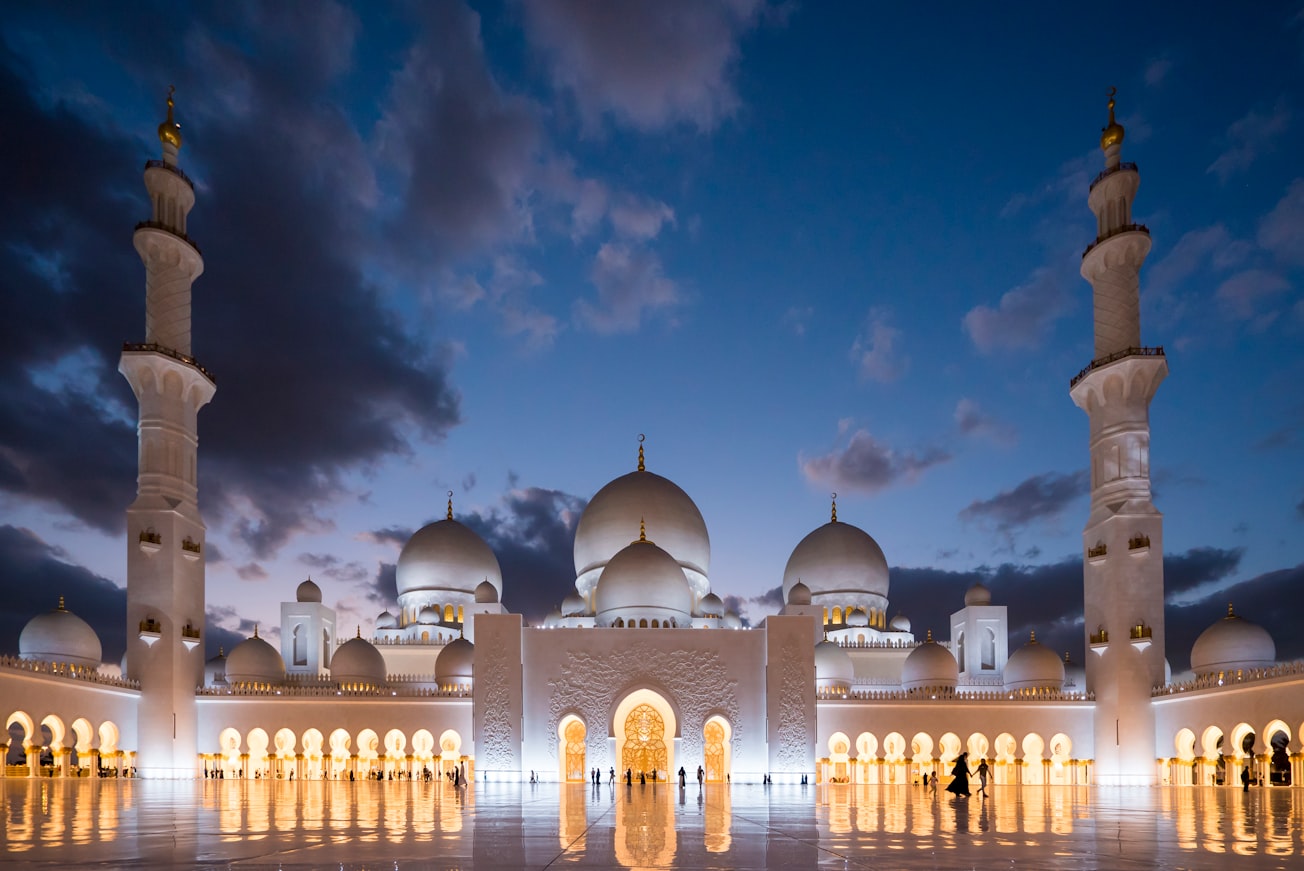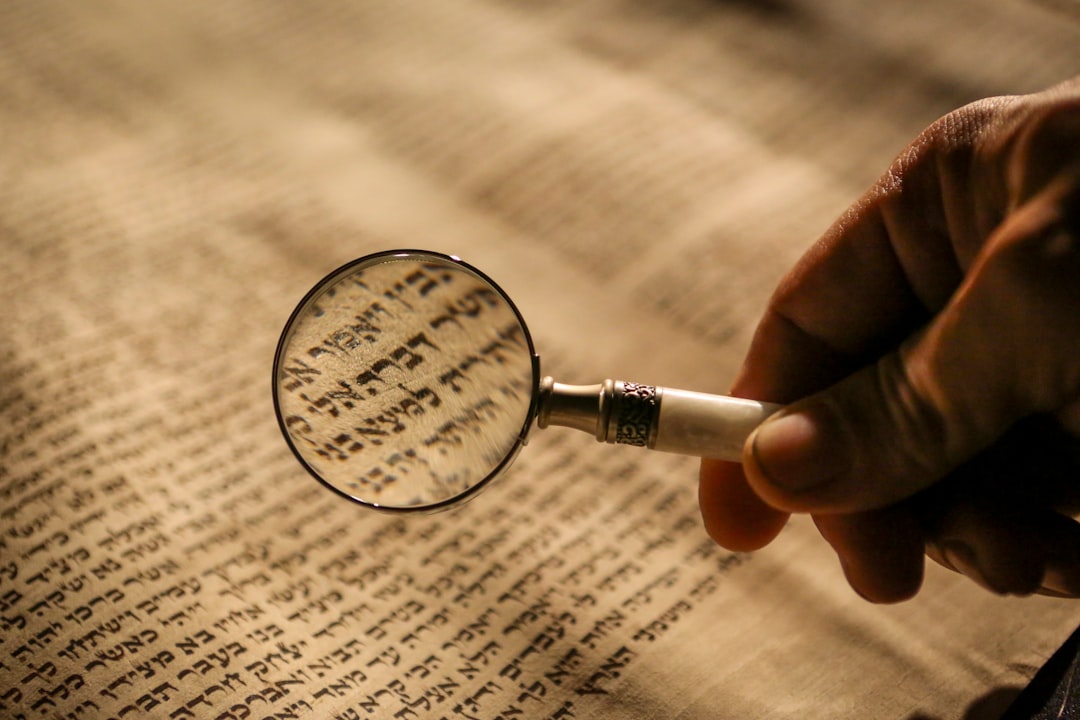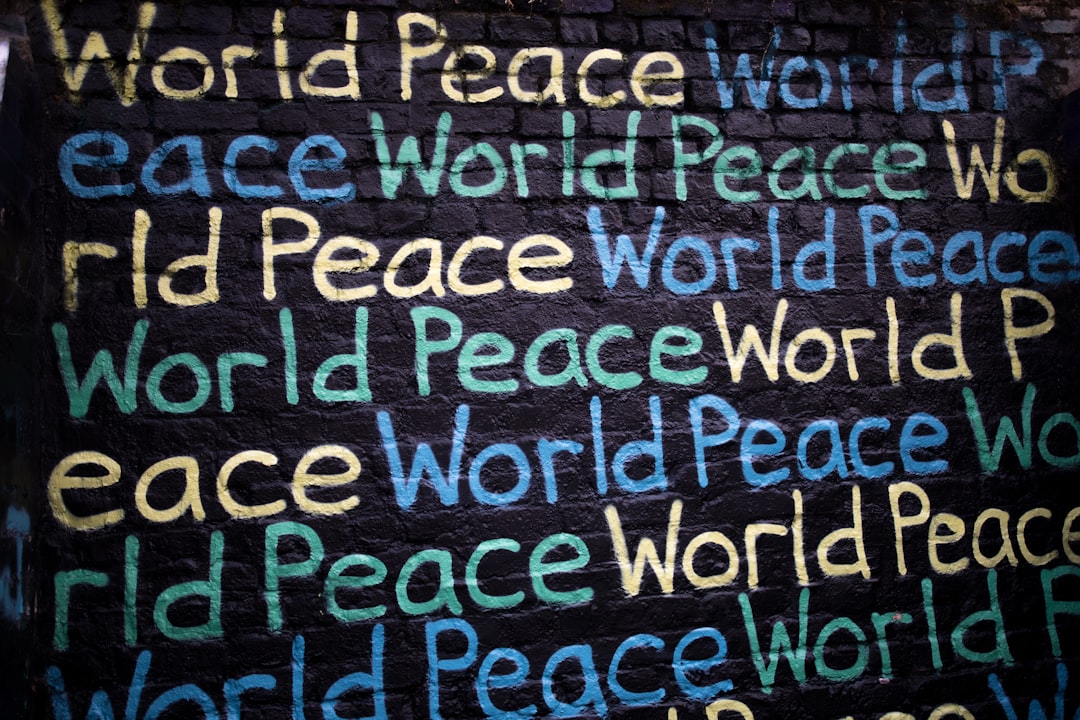What is it about?
The ‘ulama have an important position in Muslim society. They hold influence not only in the socio-religious domain but also in the political domain. This article aims to examine the religio-political roles of the ‘ulama in Bangladesh. The examination has been done through an exhaustive and critical content analysis of published secondary literature about the ‘ulama and politics. The article argues that the Bangladeshi ‘ulama are diverse and have shown their religio-political flexibility throughout recent history. The ‘ulama have also played effective religio-political roles in times of sociopolitical change. Their roles have also varied from time to time in accordance with the sociopolitical conditions. The article also shows that the ‘ulama have gained influence under center-right Governments and lost it under center-left Governments in post-independent Bangladesh.
Featured Image

Photo by Kevin Olson on Unsplash
Why is it important?
Islamic scholars and theologians are not monolithic, recalcitrant, regressive, retrogressive, anachronistic, stagnant, and, above all ,a rigid community of exclusivity what many are used to perceive and argue. Therefore, this investigation is ground breaking and challenges the conventional wisdom about the Islamic scholars and theologians, who are commonly called ulama.
Perspectives
Readers will find new insights on the role of the religious scholars of Islamic community in society and politics.
Dr. Md Nazrul Islam
Shahjalal University of Science and Technology
Read the Original
This page is a summary of: Faithful Participation: The ‘Ulama in Bangladeshi Politics, Politics Religion & Ideology, April 2022, Taylor & Francis,
DOI: 10.1080/21567689.2022.2082416.
You can read the full text:
Contributors
The following have contributed to this page










